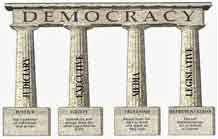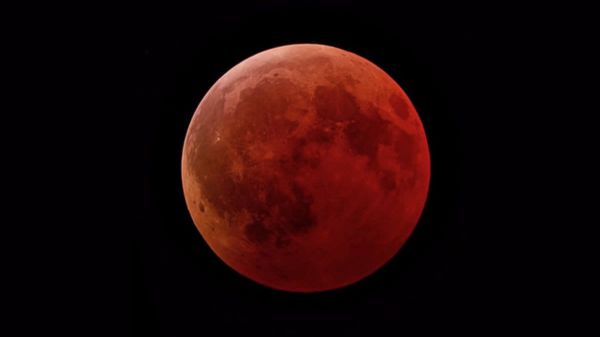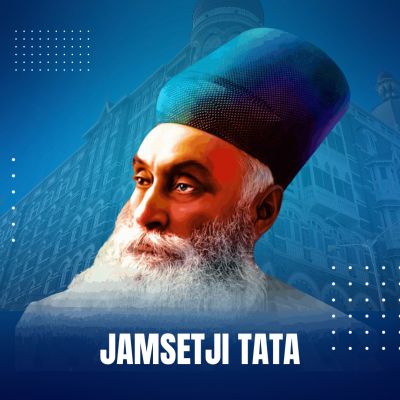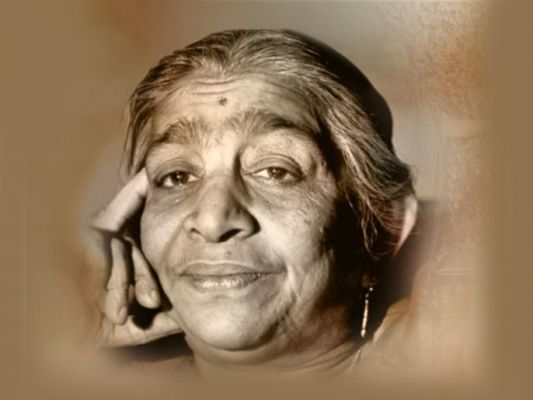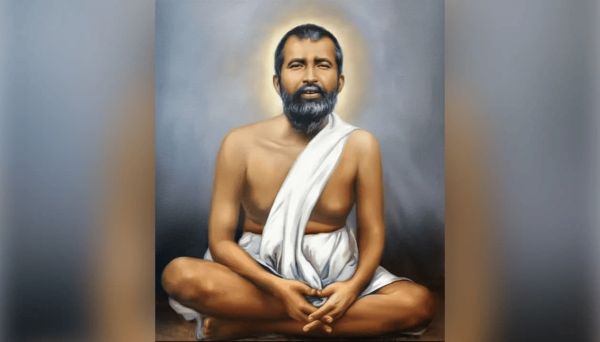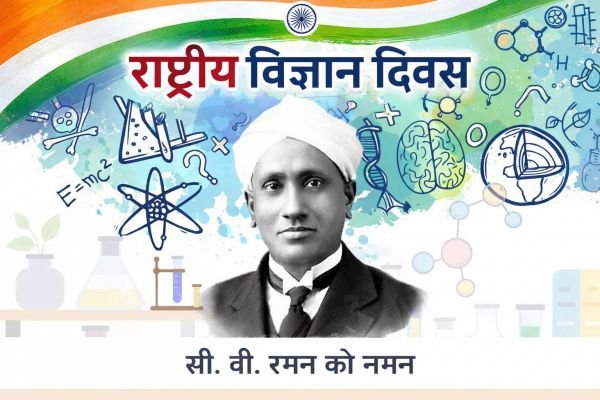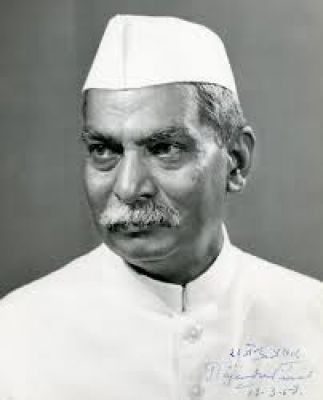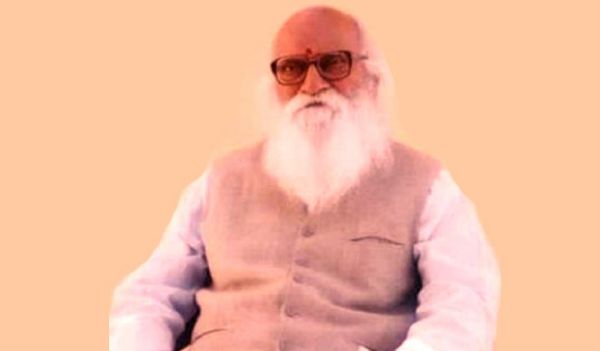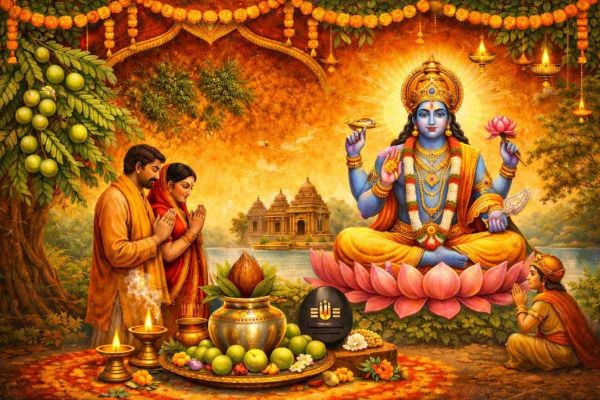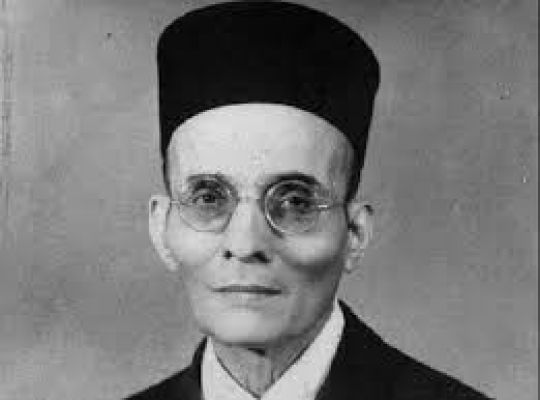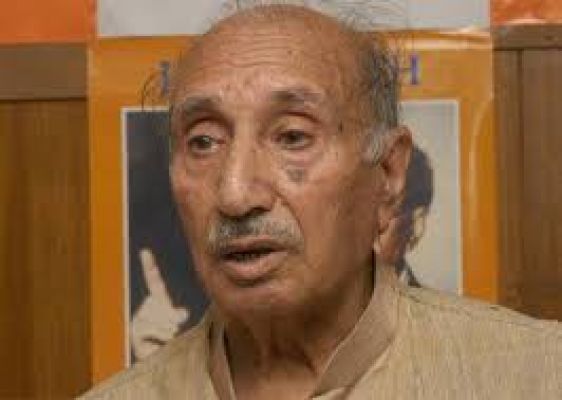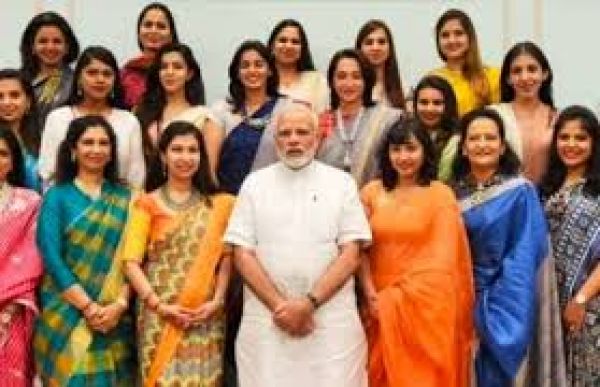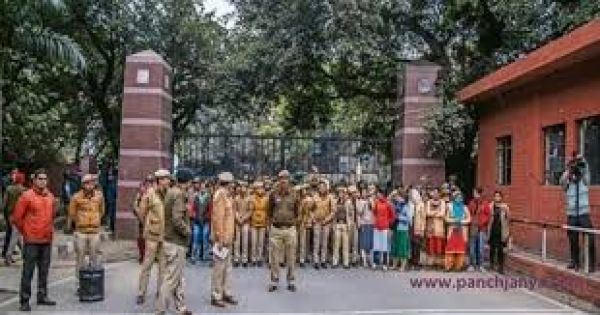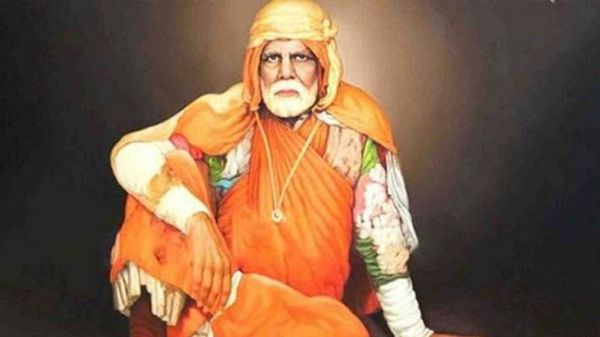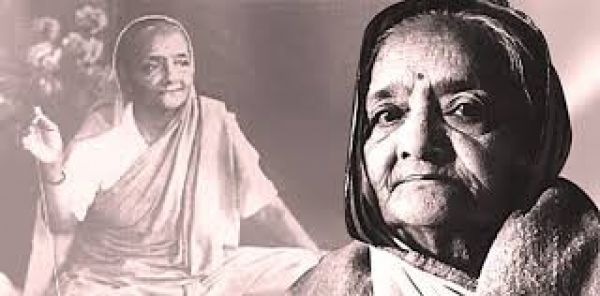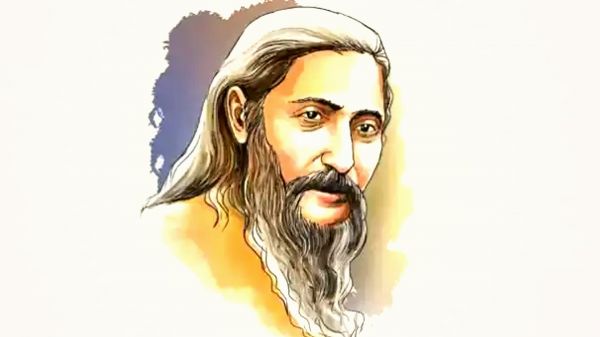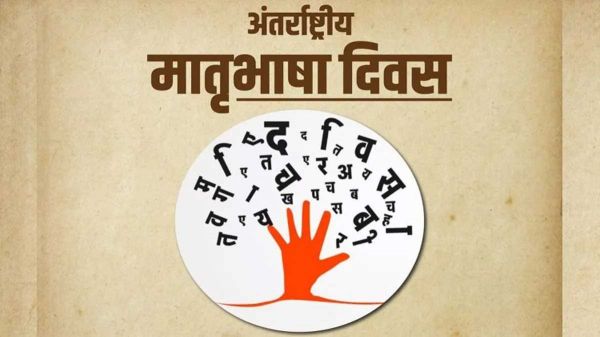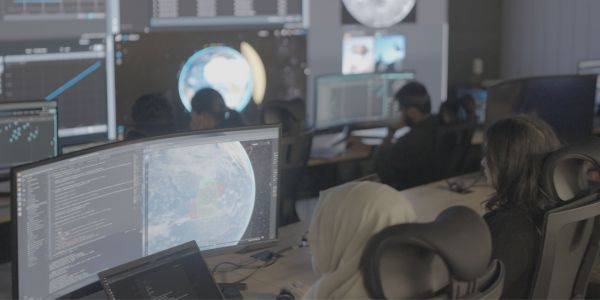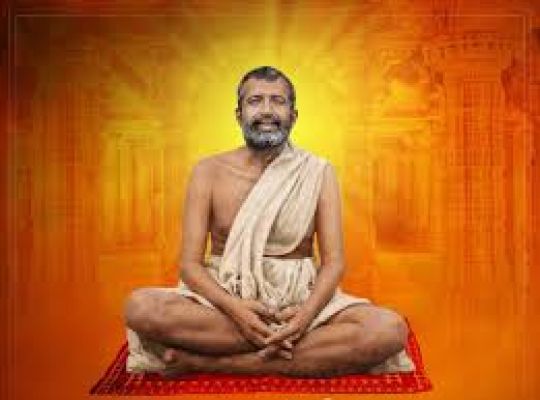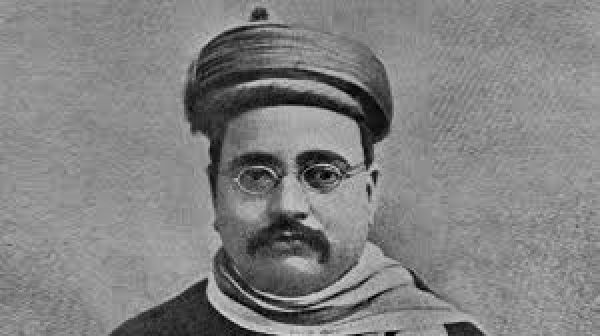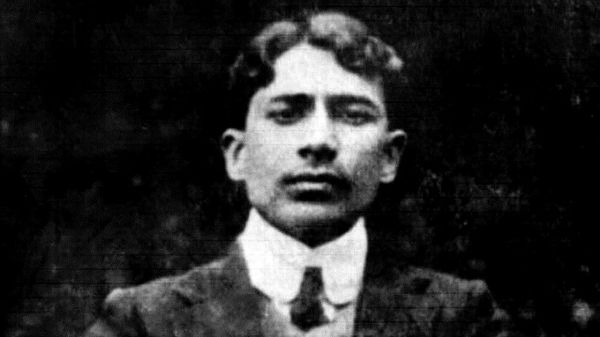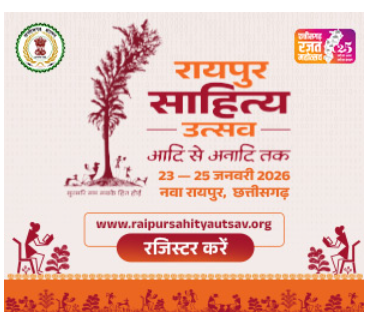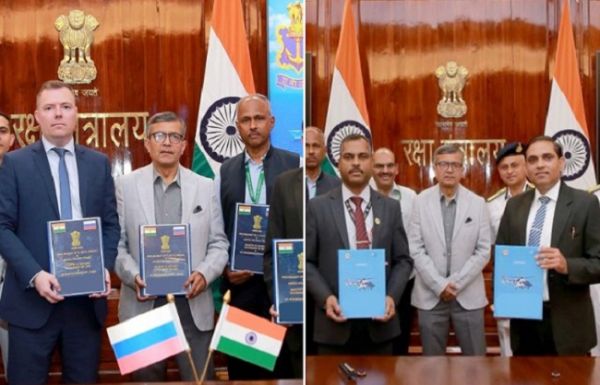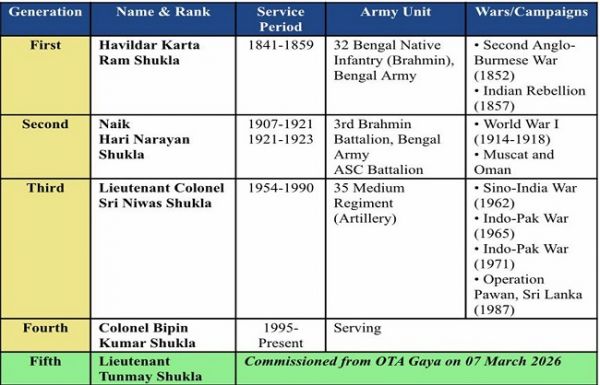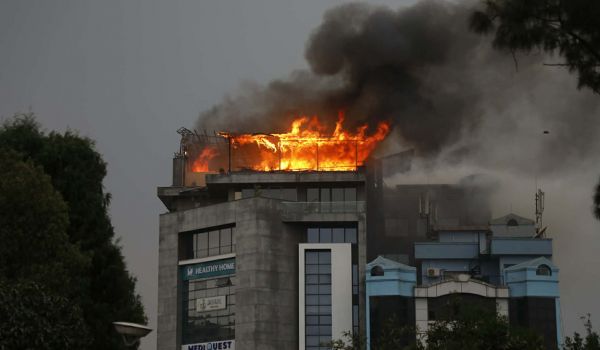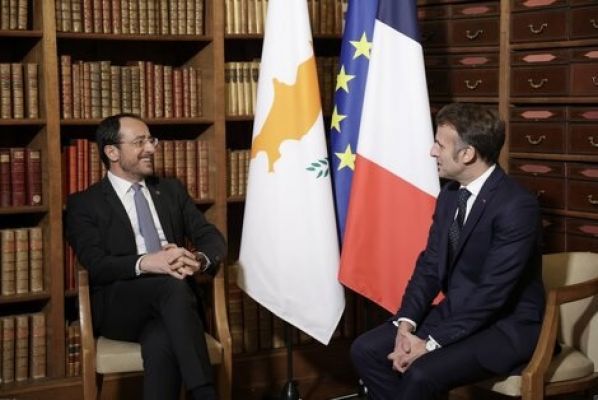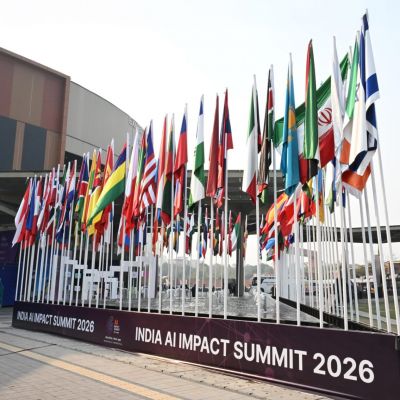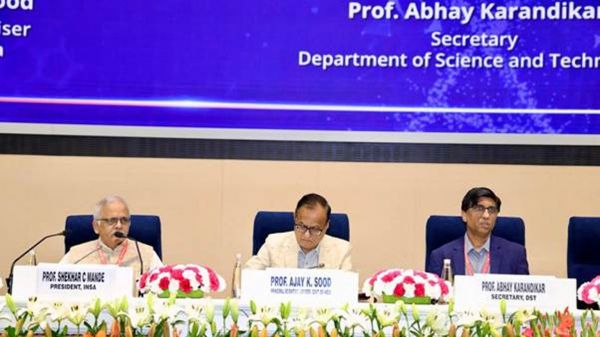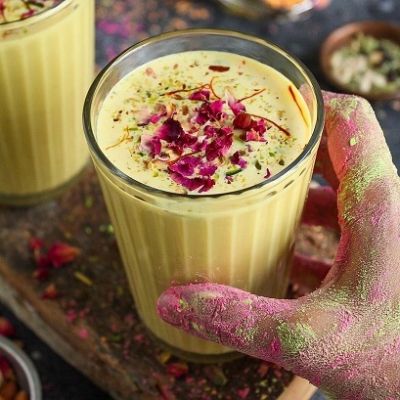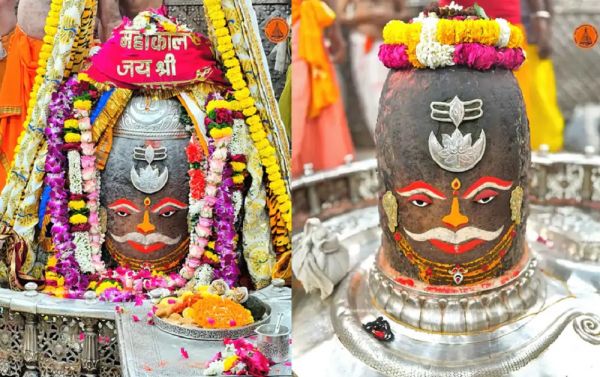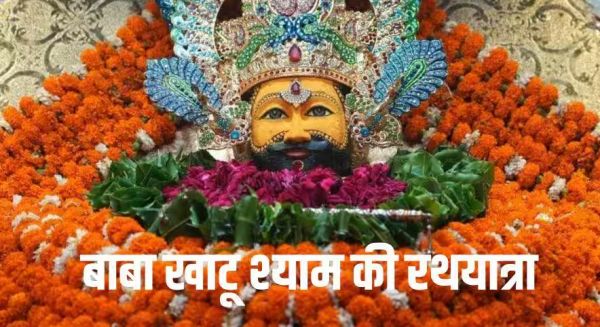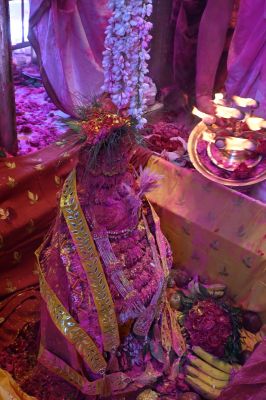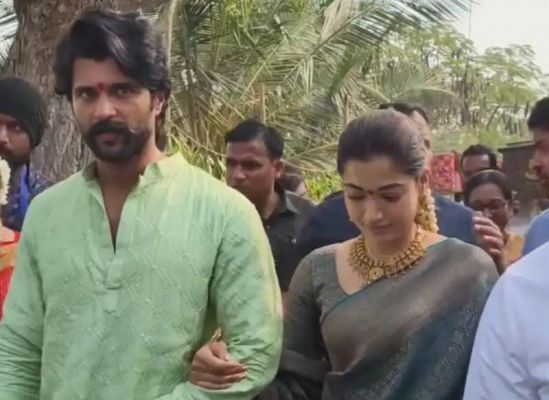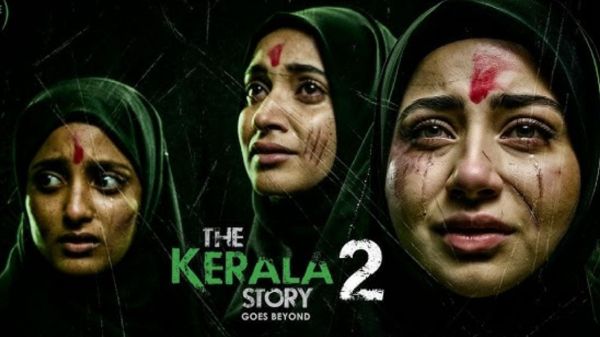The word "media" is used to refer to a variety of communication channels, including radio, television, newspapers, the internet, social media, and various niche blogs. The dissemination of information and knowledge is the primary goal of the media. The best communication tool for a large audience is media. The mass communication approach is successfully carried out with the aid of many media, including electronic media, print media, and social media.
The media is recognised as the fourth pillar of our democracy because it examines government decisions and policies and assesses how well programmes are being implemented. One of the media's key functions is to highlight the concerns and difficulties that the public faces in order to enable their full participation in democracy.
Media has proven to be a mirror for numerous regimes over the years. Media exposure of scams and problems led to numerous governments losing their power. Indian politics have experienced many ups and downs throughout the years, and the media has managed to analyse it critically. Even during the gloomy times of the emergency, the media maintained its right to free speech and attacked the thenruler blatantly.
The fourth pillar of democracy has been eroding over time steadily and slowly, and recently its rate has accelerated. Governments all over the world are aware of the power of information; in order to manage it, they must have influence over media organisations.
Governments utilise the media as a tool to manipulate the populace by promoting their preferred agenda and preventing the public from learning the truth. The media fabricates unneeded problems, makes them the focus of day and night debates, and hides the true problems. Even the chief justice of India remarked in a case that debates on TV are creating more pollution than anybody. There are allegations on media of paid news, particularly during election seasons.
For many years, the United States has been a stronghold of capitalism. Corporations have significant influence over the US government, and the connection between the two is public knowledge. Five corporate houses dominate 90% of US media, making politics, business, and media a trifecta. In exchange for the government looking after the corporate houses' goal, corporate houses ensure through the media that the majority of information provided is favourable to the popularity of the government.
In India, similar patterns have already begun. Earlier, the state broadcaster would provide news that favoured the government; today, the majority of media outlets are advancing the government's goal without closely examining it. Due to media outlets being owned by corporations, this is now conceivable. Similar to the US, businesses are likewise gaining control over Indian media. In an effort to influence and support the government, billionaires are showing a keen interest in media companies. Very few media outlets that have a reputation for scrutinizing the government are on the verge of losing their ownership to big corporations.
Some journalists who are renowned for bringing the truth to the public's attention have abandoned traditional media in favour of social media platforms. In addition to journalists, people from other professions are creating explicit content with the intention of exposing reality to society. Whistleblowers and investigative journalists have shattered governments' silence via social media because it gives them the freedom and space to speak themselves entirely without being constrained by editors, owners, TRP, etc. The truth will emerge regardless of how much governmental entities and corporations try to stop it.
Author - Asif Khan



